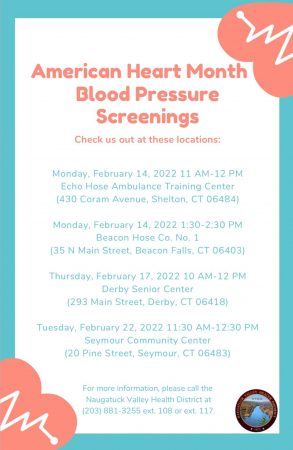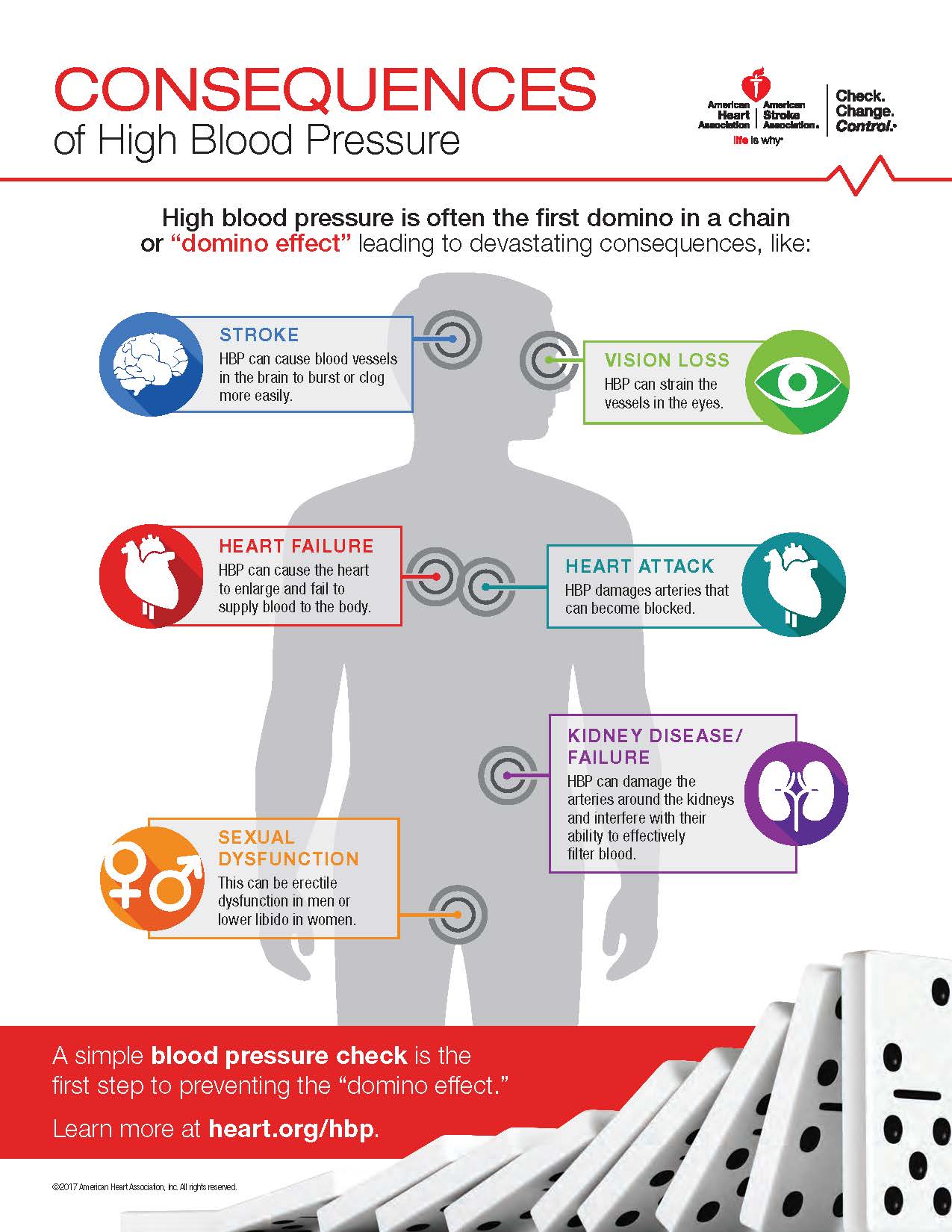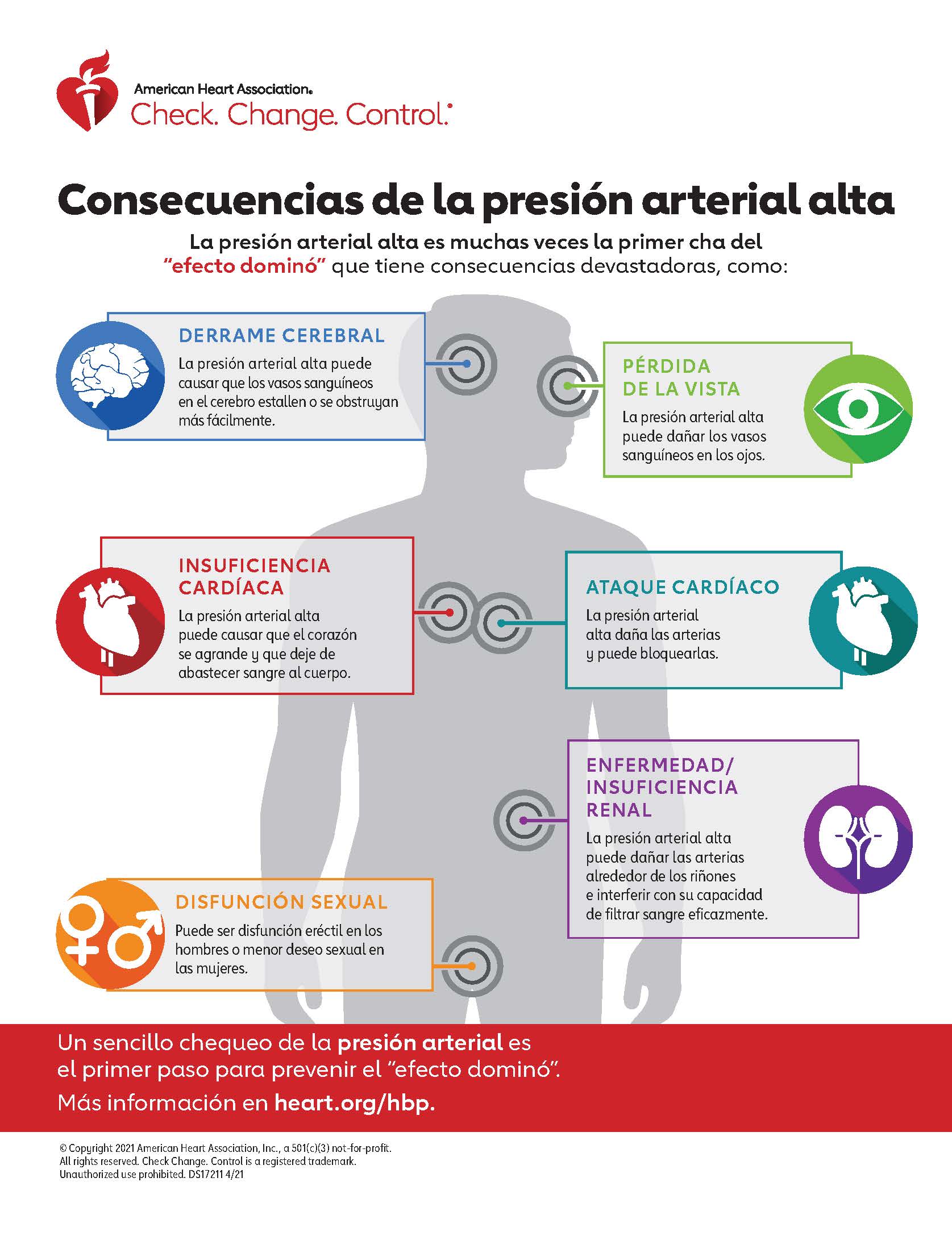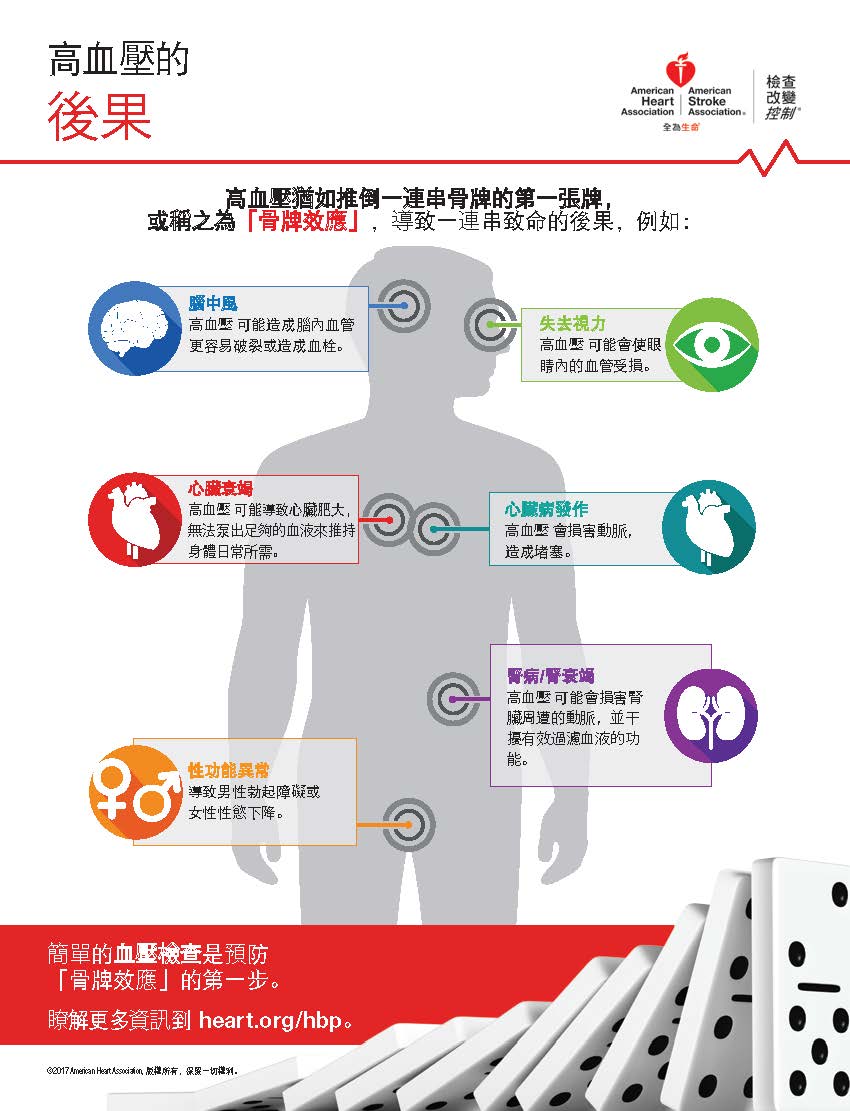February is Heart Month!
NAUGATUCK VALLEY HEALTH DISTRICT TO RECOGNIZE
AMERICAN HEART MONTH DURING THE MONTH OF FEBRUARY
February 1, 2022
Press Release
Contact: Gabrielle Diaz and/or Amanda Michaud
Phone: (203) 881-3255 ext. 108/117
[Seymour] – – The month of February has been designated as American Heart Month nationally. In partnership with the Center of Disease Control and Prevention (CDC), National Heart, Lung, and Blood Institute (NIH), and the American Heart Assocation (AHA), the Naugatuck Valley Health District (NVHD) reinforces the importance of heart health, the need for more research and efforts to ensure that millions of people live longer and healthier lives.
Heart disease is the number one killer of Americans. According to the AHA’s Heart Disease and Stroke Statistics, heart disease continues to be the greatest health threat to Americans and is still the leading cause of death worldwide. In most cases of heart disease, it is preventable when people adopt a healthy lifestyle, including not smoking, maintaining a healthy weight and blood pressure, controlling blood sugar and cholesterol, visiting doctors for regular checkups, and getting at least 150 minutes of exercise each week.
For the second year in a row, American Heart Month is more important than ever before due to the impact of the COVID-19 pandemic. Many people have delayed and avoided visiting the doctors office because of their fear of becoming ill, in addition to engaging in unhealthy lifestyle behaviors such as eating poorly, drinking more alcohol, and limiting physical activity during periods of lockdown and quarantine.
Throughout the month of February, staff members of NVHD will be celebrating American Heart Month and urging its residents to do the same. The first Friday of American Heart Month- February 4, 2022- is National Wear Red Day. Staff will wear red to show their support for heart health and share on our social media platforms what American Heart Month means to them. NVHD staff will be hosting blood pressure screenings as well as handing out information on heart health, including different exercises and activities, heart healthy recipes, and other general information. We will be hosting these events at our senior centers or other community locations. For dates and times of these events, please check our website www.nvhd.org, social media pages, or contact your local senior center.
NVHD will also be sharing events from the AHA’s website and social media pages on Facebook, including live cooking classes. For more information on American Heart Month and AHA, please visit www.heart.org.
For more information on NVHD’s involvement in American Heart Month, please contact Gabrielle Diaz, Public Health Educator at (203) 881-3255 ext. 108 or Amanda Michaud, Public Health Emergency Preparedness Coordinator at (203) 881-3255 ext. 117.
“When we take care of #OurHearts as part of our self-care, we set an example for those around us to do the same.”
https://www.youtube.com/watch?v=_sHI–OGe38
- Heart attack — High blood pressure damages arteries that can become blocked and prevent blood flow to the heart muscle.
- Stroke — High blood pressure can cause blood vessels in the brain to clog more easily or even burst.
- Heart failure — The increased workload from high blood pressure can cause the heart to enlarge and fail to supply blood to the body.
- Kidney disease or failure — High blood pressure can damage the arteries around the kidneys and interfere with their ability to filter blood effectively.
- Vision loss — High blood pressure can strain or damage blood vessels in the eyes.
- Sexual dysfunction — High blood pressure can lead to erectile dysfunction in men or lower libido in women.
- Angina — Over time, high blood pressure can lead to heart disease or microvascular disease (MVD). Angina, or chest pain, is a common symptom.
- Peripheral artery disease (PAD) — Atherosclerosis caused by high blood pressure can cause a narrowing of arteries in the legs, arms, stomach and head, causing pain or fatigue.
Go Back


